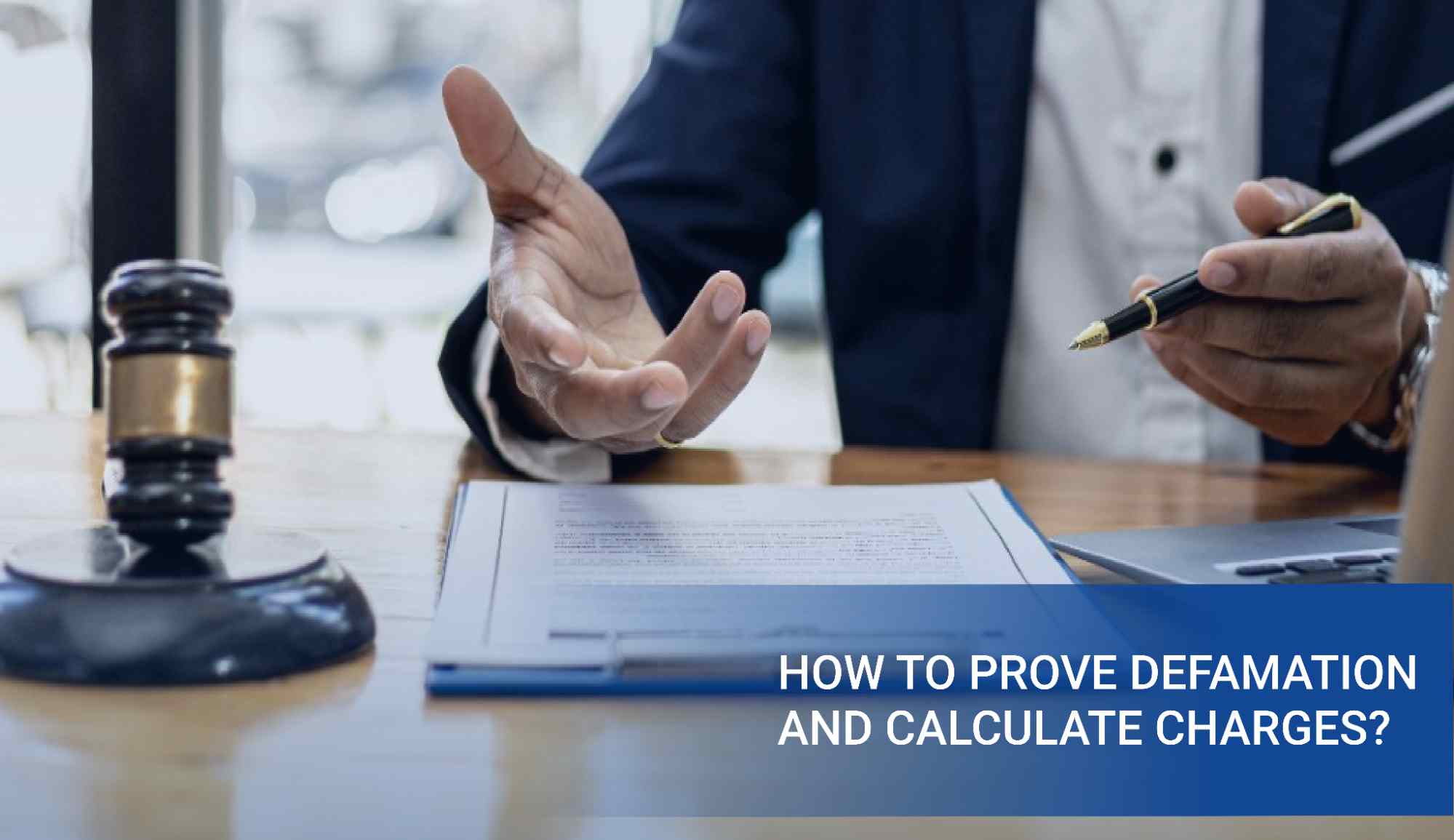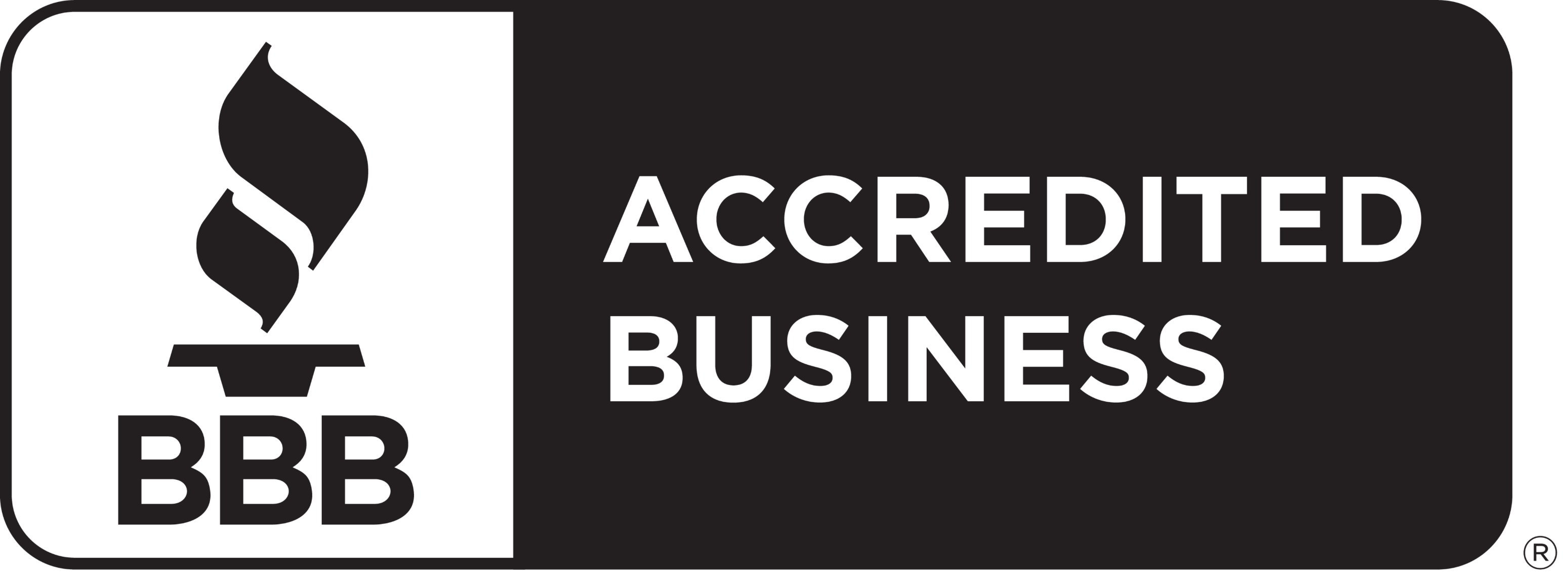Online defamation can significantly harm reputations, both personal and professional. This article explains what constitutes online defamation, outlines common examples, and explores its legal implications. Readers will learn how defamation affects individuals and businesses, what legal remedies are available, how to prove a claim, and steps for prevention. Whether you’re facing false reviews or malicious posts, this guide offers a clear, research-backed overview of how to respond and protect your online reputation.
What Is Considered Online Defamation?
Online defamation is often used interchangeably with internet defamation, encompassing all false online statements that harm reputation. Online defamation occurs when false statements are published on the internet that harm an individual’s or business’s reputation. This form of defamation includes written content (libel) or visual content that is publicly accessible through websites, social media platforms, forums, and review sites.
To qualify as defamation, the statement must:
- Be published to a third party
- Be false and presented as a fact
- Cause reputational harm or measurable damages
- Not fall under legally protected opinion or satire
Libel specifically refers to written or published defamation, which is the primary form of online defamation. Slander, by contrast, refers to spoken defamation and typically applies in offline contexts.
According to a 2023 Pew Research Center report, 59% of U.S. adults say they have experienced some form of online harassment, with a portion of these cases involving reputational damage.
What Are Common Examples of Online Defamation?
Internet defamation can manifest in numerous formats and platforms. Online defamation can take many forms, including:
- False online reviews alleging fraud, poor service, or illegal activity
- Defamatory social media posts targeting individuals or businesses
- Malicious blog content spreading misinformation
- Fake news articles crafted to damage someone’s public image
- Impersonation accounts used to post harmful content under another’s identity
A study by BrightLocal found that 84% of consumers trust online reviews as much as personal recommendations, making fake reviews particularly damaging to businesses.
How Does Online Defamation Affect Individuals and Businesses?
In some cases, expert analysis may be needed to quantify reputational harm. This is where an internet defamation expert witness can provide critical insights during litigation. Defamatory content can lead to significant personal and professional consequences, such as:
- Loss of income or clients
- Damaged brand or professional reputation
- Mental and emotional distress
- Reduced job opportunities or social stigma
For businesses, online defamation can result in decreased sales, poor search engine visibility, and long-term brand damage. A Harvard Business School study showed that a one-star decrease in Yelp rating can lead to a 5% to 9% decrease in revenue.
The digital environment also intensifies the impact of defamatory content due to:
- Anonymity of perpetrators – Defamers often hide behind fake accounts or pseudonyms, making it difficult to identify and take legal action against them.
- Rapid dissemination – Harmful content spreads quickly through social shares, reposts, and algorithm-driven visibility, compounding reputational damage.

Picture Credits: Freepik
Is Online Defamation Illegal?
Social media defamation has become one of the most common sources of online libel claims, due to the rapid and public nature of platforms like Twitter, Facebook, and LinkedIn. Yes. Online defamation is actionable under civil law in most jurisdictions. Victims can file defamation lawsuits seeking damages and injunctive relief. In certain cases involving harassment, threats, or hate speech, online defamation may also involve criminal liability.
Federal and State Legal Frameworks
- Section 230 of the Communications Decency Act (CDA) protects platforms from liability but not the original poster.
- State-specific defamation laws vary in burden of proof and statute of limitations.
- Recent court rulings increasingly support plaintiffs seeking removal of defamatory content and monetary compensation.
A 2022 report by the Cyber Civil Rights Initiative emphasized the growing use of strategic litigation to combat online defamation, especially in cases involving revenge porn or doxing.

Picture Credits: Pexels
What Legal Remedies Are Available for Online Defamation?
Victims of online defamation may pursue several legal remedies:
1. Cease and Desist Letters
A cease and desist letter formally demands the removal of defamatory content and cessation of future defamatory conduct.
2. Defamation Lawsuits
When filing a lawsuit, calculating appropriate defamation damages is key to seeking fair compensation for reputational harm, emotional distress, and lost income. A civil lawsuit allows victims to seek:
- Compensatory damages for reputational and financial harm
- Punitive damages in cases of malicious intent
- Court orders to remove or de-index content from search engines
According to Thomson Reuters, successful defamation lawsuits often result in settlements exceeding six figures when clear reputational harm is demonstrated.
3. Injunctions and Content Removal
Courts can issue injunctions compelling individuals or platforms to delete defamatory posts.
4. Online Reputation Management (ORM)
Though not a legal remedy, ORM services help suppress defamatory content and restore search engine rankings. ORM spending is projected to exceed $410 million in the U.S. by 2026, according to IBISWorld.
5. Reporting to Platforms
Most platforms have mechanisms for reporting and removing content that violates community guidelines, including defamatory material. Taking early action through these channels can prevent broader dissemination.

Picture Credits: Unsplash
What Are Common Defenses to Online Defamation Claims?
Understanding the possible defenses to a defamation claim is crucial:
- Truth – If the statement is factually true, it is not defamatory, regardless of reputational impact.
- Honest Opinion – Statements clearly presented as opinion, rather than fact, may be protected.
- Consent – If the plaintiff consented to the publication, defamation claims may not apply.
- Privilege – Some statements made in specific contexts (e.g., court testimony) are legally protected.
How Can You Prove Online Defamation?
To succeed in an online defamation claim, the plaintiff must prove:
- The statement was published to others
- The statement was false and damaging
- The defendant acted with negligence or actual malice
Evidence collection is critical and should include:
- Screenshots with timestamps
- URLs and web archives
- Platform metadata
- Witness testimonies or forensic analysis
A 2023 ABA (American Bar Association) guide emphasized the importance of metadata and web archiving tools like the Wayback Machine in building defamation cases.
What Should You Do If You’re a Victim of Online Defamation?
- Preserve all evidence before it is deleted or altered
- Avoid responding publicly, as it may escalate the situation
- Consult an attorney experienced in defamation and internet law
- Send a legal notice or file a formal complaint if the platform has a reporting mechanism
- Act promptly to stay within statute of limitations and prevent wider distribution
Can You Sue for Anonymous Online Defamation?
Yes, courts allow discovery processes to unmask anonymous posters. Legal counsel can subpoena website hosts, social media platforms, and ISPs to obtain identifying information.
The process generally includes:
- Filing a “John Doe” lawsuit
- Submitting a motion for early discovery
- Requesting court approval for subpoenas
According to a Duke Law review article, courts increasingly support discovery in online anonymity cases when plaintiffs demonstrate legitimate legal claims.
How Can You Prevent Online Defamation?
While not all defamation can be prevented, proactive steps include:
- Monitoring brand mentions and reviews
- Establishing social media guidelines for employees
- Implementing cybersecurity practices to prevent impersonation
- Using ORM tools to maintain positive online visibility
- Balancing transparency and free speech while protecting your reputation
Conclusion
Online defamation is a growing legal concern in the digital era. False and damaging statements can cause real-world harm to both individuals and businesses. Understanding your rights, gathering proper evidence, and pursuing legal remedies through a qualified attorney are essential steps in protecting your reputation and seeking justice under civil law. Timely action and legal precision are critical, especially in the complex landscape of digital communications.
Protect Your Reputation Now
Don't let online defamation go unchecked. Our legal experts can help you gather evidence, identify anonymous posters, and pursue removal or compensation.













Comments are closed.